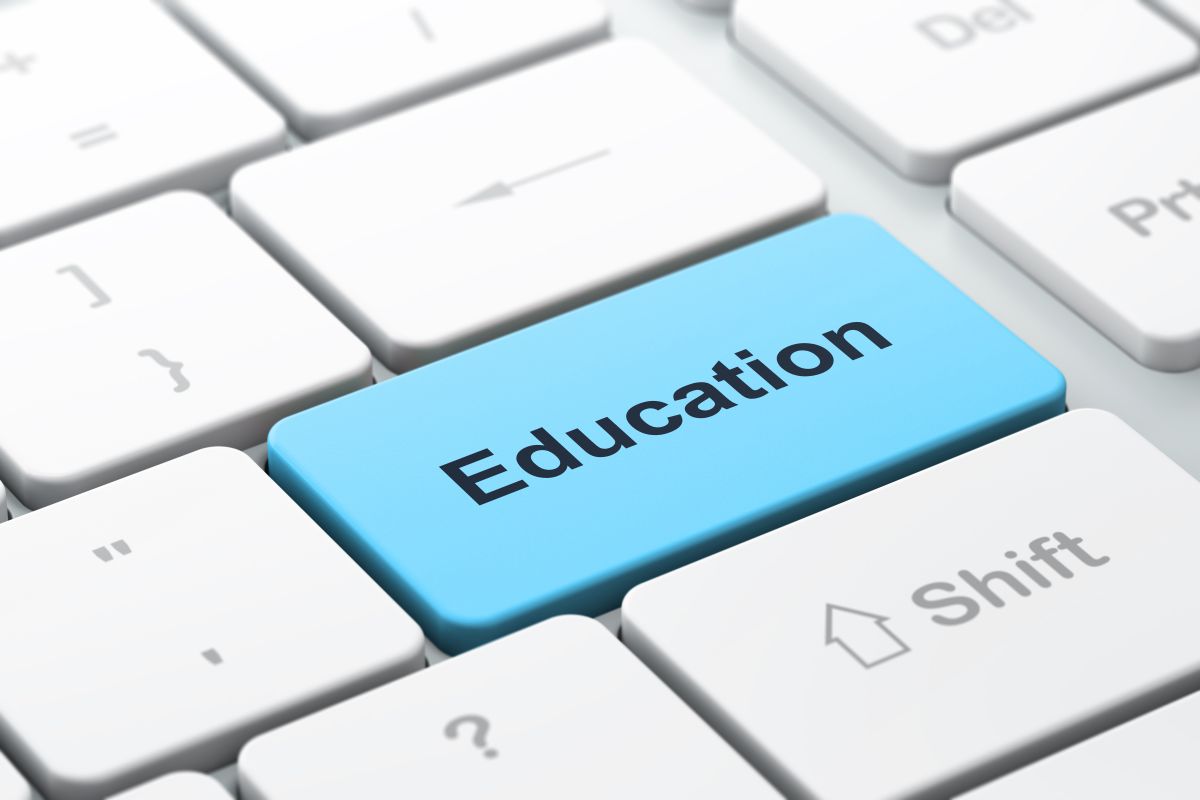According to the pragmatists the concept of education is dynamic. It changes with the changing needs of a society. But the idealists feel that education should be based on absolute values and ideals. Etymologically, the word education is derived from two Latin words, ‘educare’ and ‘educere’, ‘Educare’ means bringing up or nourishing a child. ‘Educere’ means drawing out or bringing forth the potential within an individual.
In ancient India, education was considered to be the means for gaining knowledge, becoming a righteous person and finally attaining salvation. Kautilya said that education should develop character and patriotism. Thus the social dimension was added to the concept of education. It was no longer meant for the upliftment of only the individual.
Swami Vivekanand considered that education leads to the manifestation of the divine potential already existing in human beings. Thus the function of education is not merely to fill up an individual’s mind with information but to draw out and develop the inherent potential. Western philosophers have defined education in various ways.
ADVERTISEMENTS:
According to Plato, education develops in the body and soul of the individual all the beauty and perfection which he is capable of, while Aristotle felt that education develops one’s faculty so that she is able to contemplate the supreme birth, beauty and goodness. Thus we can infer that education is not limited to cognitive growth. It is comprehensive and encompasses physical, cognitive, emotional, social, aesthetic, moral and spiritual growth.
The modern concept of education is considered to be a tool for development of the individual and the society. According to Indian Education Commission, education is a powerful instrument of social, economic and cultural transformation. Delors in his report. Learning: the Treasure Within (1996) said that education is primarily an exceptional means of bringing about personal development and building relationships among individual groups and nations. The four pillars according to Delors, on which education is based, are:
i. Learning to Be:
It is a considerable departure from conventional educational thinking and deals with the concept of lifelong education. For leading a life of quality, lifelong education is essential.
ii. Learning to Know:
ADVERTISEMENTS:
Education is not merely the process of acquiring knowledge and skills but it is a preparation to acquire them.
iii. Learning to Do:
Through education one not only acquires the abilities to take up an occupation but also develops the right attitude towards work.
iv. Learning to Live Together:
Education develops respect for pluralism, understanding and peace.
Now a days the concept of lifelong education is gaining popularity. It is being realised that education is not limited to that imparted by formal agencies of education. Unlike formal education, non-formal education is flexible and open to people of different age groups and geographical areas. It is offered usually by the distant mode and is characterised by greater freedom and flexibility for the learners.
ADVERTISEMENTS:
Apart from formal and non-formal education there is also informal education which is open and incidental. It does not involve any deliberate attempt to educate and is devoid of predetermined goals and curriculum.
It continues from birth through adulthood and old age. Thus, we see that the term, ‘education’ is comprehensive in nature. It is not limited to only academic activities but aims at the holistic development of an individual.
It extends far beyond the narrow concept of formal learning and is the sum total of the experiences that life provides. Education does not merely aim towards the upliftment of the individual but has the twin aims of developing both the individual as well as the society.
Education is provided in accordance with the goals set by the society. These goals or aims are formulated in the perspective of the social, political and economic milieu. Some of the major aims of education according to IEC are to increase productivity (agricultural and industrial), social and national integration, modernisation of the society, development of social, moral and spiritual values, etc.
According to National Policy on Education should aim to promote equality, develop appreciation for the diverse cultural and social systems and promote lifelong education. Thus education aims at the development of the society through that of the individuals. It generates awareness at the individual and social levels. It is a liberating force that frees us from the shackles of ignorance, poverty, prejudice and parochialism.

